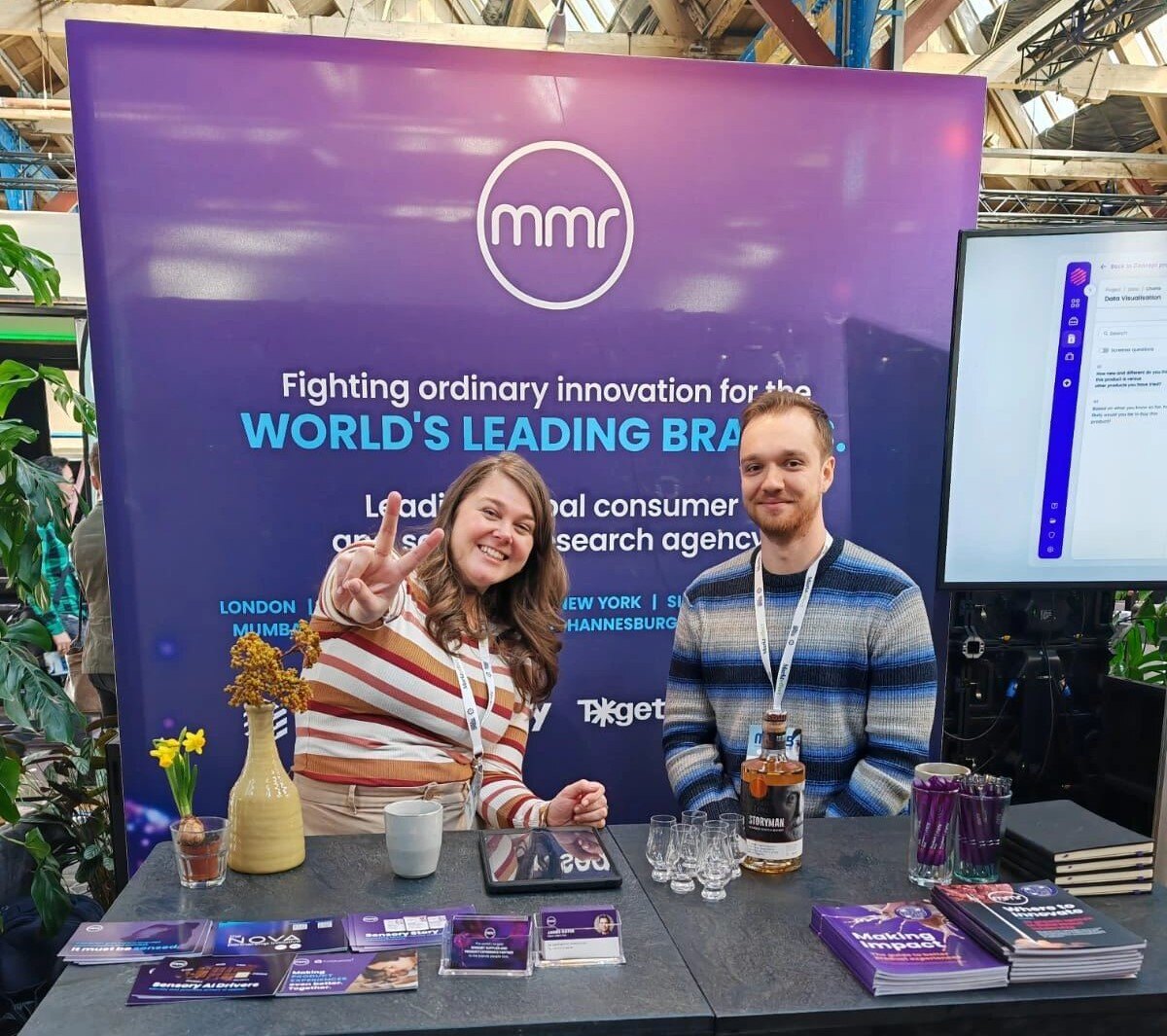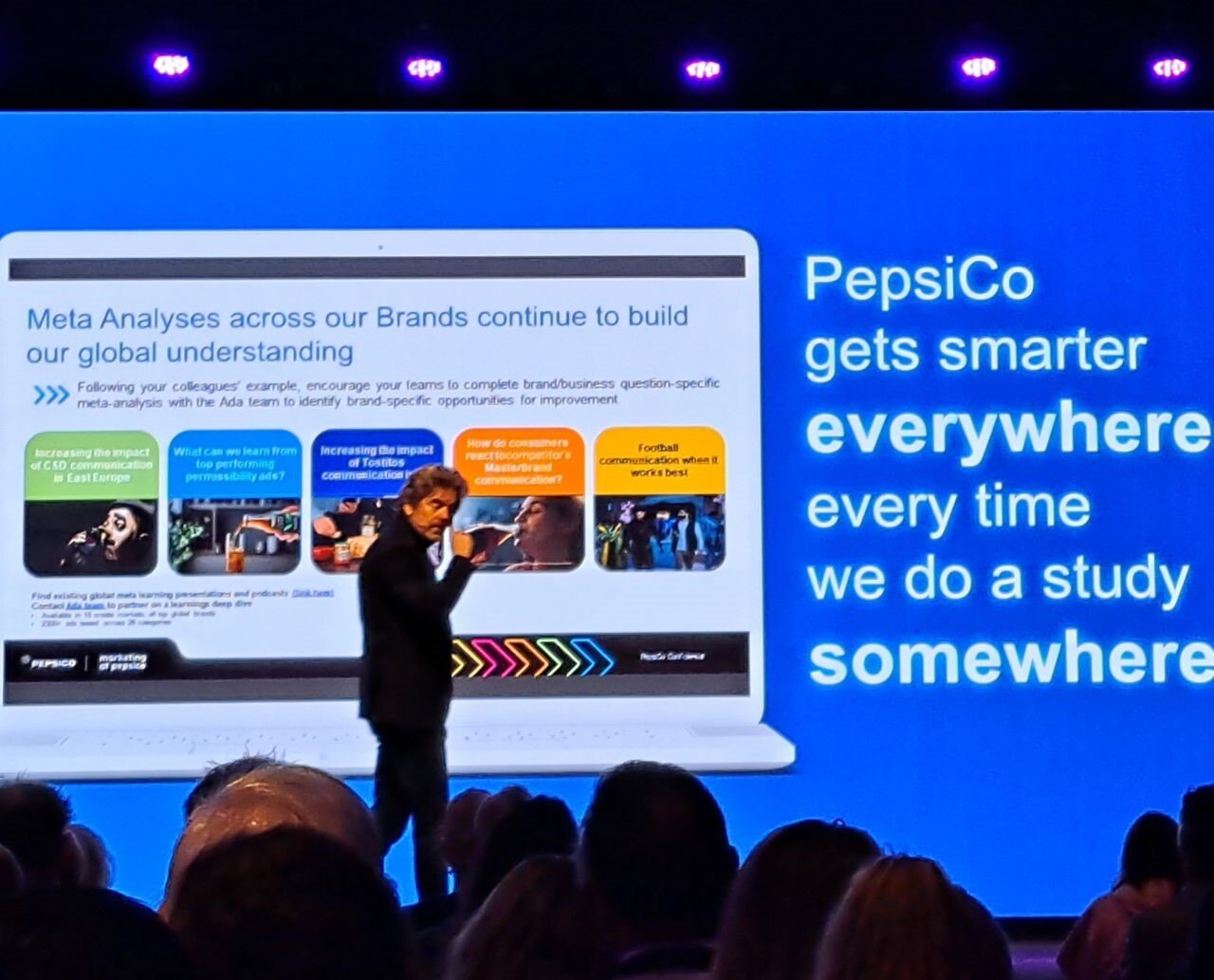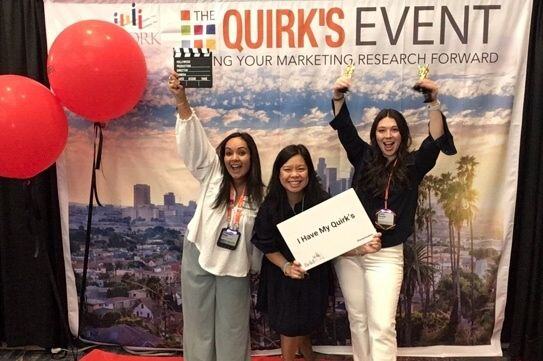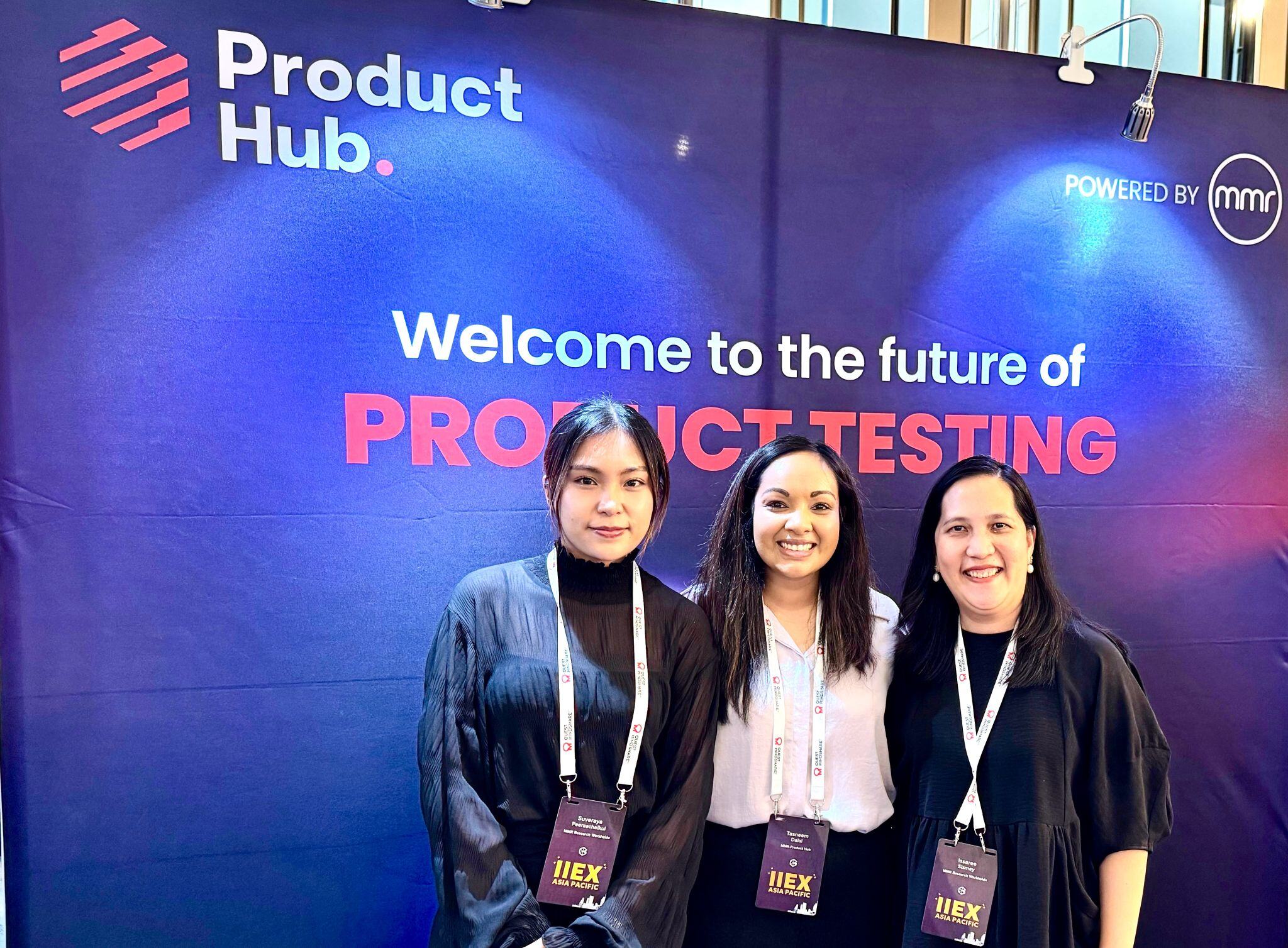MIE 2025 Highlights: Unlocking the Real Value of AI in Insights

MIE 25 (Marketing Insights Event) is the leading insights and analytics conference in the Netherlands, hosted by the Data & Insights Network.
The 2025 edition focused on the real-world impact of AI in market research, customer understanding, and decision-making. It brought together insights leaders, researchers, technologists, and product innovators from across Europe.
The event tackled urgent questions such as:
-
Where does AI actually add value in our work?
-
How do we ensure it is ethical, transparent, and human-centred?
-
How can we shift our teams and tools from static validation to agile learning?
Across all sessions, a few themes stood out:
-
AI is only useful with structured, standardised data.
-
Behavioural adoption is just as critical as the technology itself.
-
Tools should drive learning, not just efficiency.
While all the talks were insightful, below are three standout speeches that helped develop my perspective.
1. Opening Keynote – Transforming a Global Consumer Insights Function
Speaker: Stephan Gans (PepsiCo)
"AI only adds value when the foundation is right."
Stephan Gans opened MIE 25 with a grounded look at how AI can (and cannot) transform consumer insights. His message: if you want to unlock AI’s potential, you need structured data, a learning mindset, and a shift from pushing products to pulling consumers in through relevance.
Key Points:
-
Organised data is essential – AI cannot thrive in silos. Unified teams and a clean infrastructure are critical for reaping benefits.
-
Think beyond products – Focus on consumer outcomes, not just categories. ("In pet care, there is more opportunity than just selling food to cats.")
-
Strengthen the pull muscle – Move beyond distribution- and sales-focused strategies (push) to insight-led product innovation that draws consumers in (pull).
-
Build ecosystems for learning – Share insights from testing across markets to help make everyone smarter.
-
Tools should teach, not just score – Enable continuous learning, not one-off validation with throwaway data (which they are achieving through their in-house knowledge management system, Ada).
-
System > Single Tool – Frequent, smaller studies are more valuable when aggregated as part of a smart, scalable ecosystem than one-off, large studies.
-
Speed – By having accessible knowledge and frequent studies, the speed of development increases, and go-to-market strategies are no longer reliant solely on final validation studies.

2. Fear the Fledgling or Fly the Future
Speaker: Ritanbara Mundrey (Nestlé)
Ritanbara Mundrey brought a pragmatic lens to AI. While Nestlé has seen increased speed and scale of data, she emphasised the need to focus on foundations: getting scales, data collection, and standards right.
Key Points:
-
AI enables quicker decisions, but too much data without direction is overwhelming.
-
Beware the halo effect – Just because something is AI-powered does not mean it is better.
-
Focus on foundations – Bad scales or outdated questions can undermine any technology.
-
Simplify to amplify – Use AI to clarify insights and drive action, not add complexity.
-
Free humans to consult – Automate manual work so that insight professionals can add strategic value.
3. Overcoming Resistance to AI
Speaker: Jaspar Roos (Limpid & Co)
Jaspar Roos tackled the human side of AI: why people resist it and what to do about it. His view: AI adoption is a behavioural challenge, not just a technological one.
Key Points:
-
Behaviour change comes first – People need clear value before they change habits.
-
Resistance is emotional – Fears around autonomy, job loss, and lack of clarity drive scepticism.
-
Play creates openness – Humour and experimentation help people engage with new tools.
-
Make tools foolproof – Users need clear explanations and intuitive interactions.
-
Build recommender systems – Smart AI should suggest next steps and help users explore.
"A fool with a tool is still a fool."
Make tools foolproof…
Other Great Sessions Worth Mentioning
Explainable AI for Better LLMs and Recommender Systems
Speaker: Diptish Dey (HvA)
LLMs must be non-biased and non-hallucinatory. To be responsible for what AI produces, we must also be able to explain it clearly. Accountability starts with interpretability.
Signals from the Future: Emerging Methods in Product Experience
Speaker: Alexandra Kuzmina (MMR Research Worldwide)
"The future starts today." Signals are everywhere—AI is already transforming content, interaction, and consumer understanding. We need to pay attention to what is changing now to stay ahead.
Agentic AI: Revolutionising Market Research
Speaker: Vincent Hoogsteder (Mozaik)
Agentic AI (the third generation) is already here. These systems are goal-oriented, autonomous, and collaborative, helping teams automate tasks, restructure workflows, and make smarter decisions—while keeping a human in the loop.
Conclusion
MIE 25 demonstrated that AI’s future in insights is not just technical—it is cultural and strategic. For those of us working in research technology and insights, the challenge is not just to build powerful tools, but to make them usable, explainable, and centred on learning and human value.
The future of insights is not AI—it is what we build with it.
For Product Hub, the learnings from MIE 25 strongly resonate with where we are headed. Stephan Gans’ emphasis on structured data, ecosystem thinking, and tools that enable learning directly aligns with our product vision. Our platform is focused not just on data collection, but on enabling faster, more agile learning loops across global teams.
Sessions like Nestlé’s reminded us that no matter how advanced the technology, we need to invest in the foundations—from standardisation to interpretation. Meanwhile, Jaspar Roos’ talk reinforced the importance of designing for adoption—ensuring automated processes are explainable, intuitive, and empower teams to act confidently.
Overall, we love that the industry is adopting the approach of building scalable systems, not siloed tools, and we are extremely eager to see where this will lead.
ABOUT PRODUCT HUB
In today's fast-paced consumer landscape, the demand for rapid and efficient product innovation is more pressing than ever. Recognizing this, MMR Research has leveraged its 35-year legacy in product testing to introduce Product Hub—a platform designed to democratize robust product testing, making it accessible and cost-effective for a broader spectrum of market players.
More from Product Hub
Loading more news...


